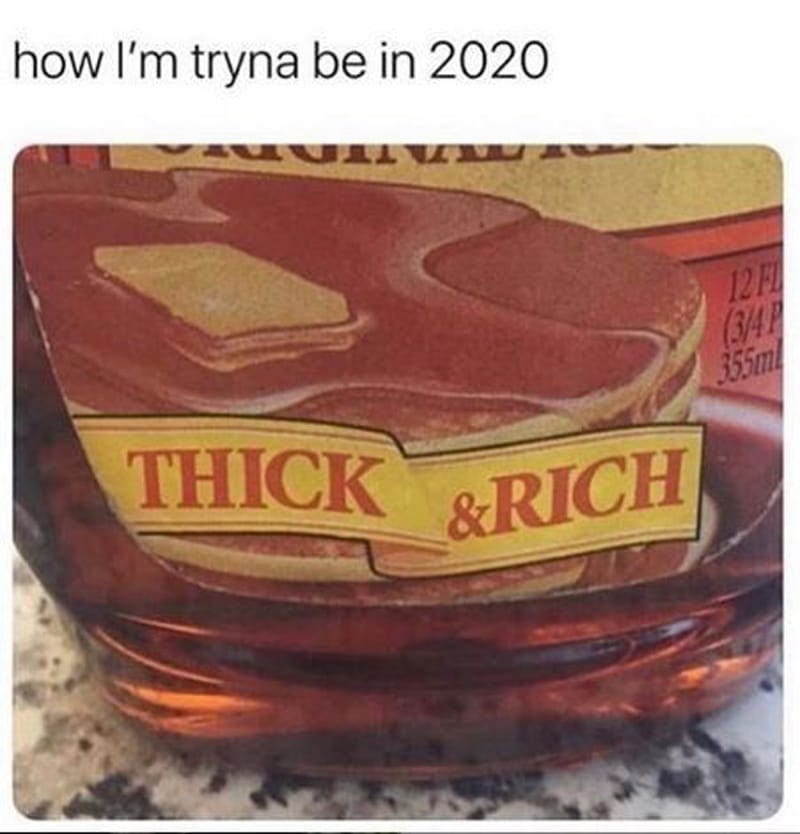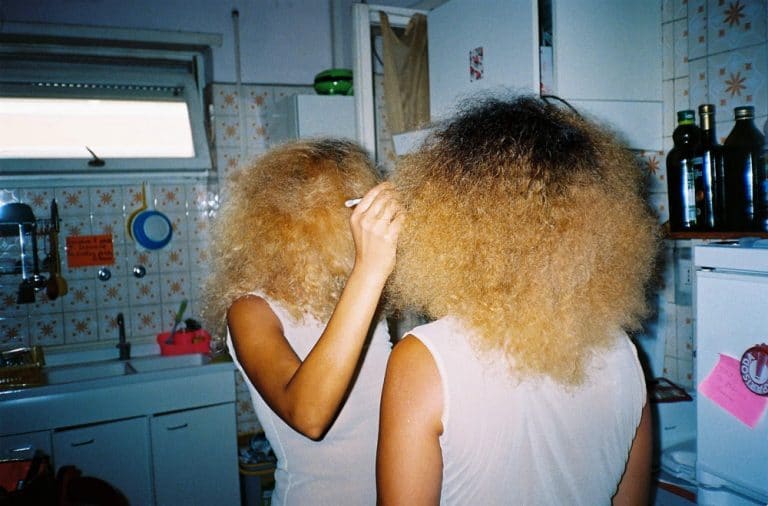We’re all about the ‘new decade, new me’ hype but let’s not burn out before 2020
We’re almost there. “2020, you gotta be savage. 2020, you gotta be bad,” are lyrics by IAMDDB that pretty much sum up everyone’s attitude towards the new year. But as we know, 2020 is not just a new year, and it’s not just a whole new decade. It seems as though 2020 has been prepositioned for many as their year to get things done. It’s the new set of 20s that aren’t conflated with flappers and finger curled hair. It feels like we’re finally in the future—so what does that mean?
2020 has always been sold to us as this futuristic era, where flying cars are the norm, and everyone is wearing metallic space gear (my 2020 style memo). It is essentially expected to be the essence of a human existence that’s entwined with technology. And like cars soaring through the air, which are yet to be a thing, there are countless other promises and predictions we failed to achieve by 2020.
In the year 2000, the UN promised to see the end of global poverty by 2020 (its poverty rates have now been cut by more than half). In a lecture at the Royal College of Surgeons of England in 1911, a surgeon by the name of Richard Clement Lucas said that the “useless outer toes” would be gone and that our feet would evolve into one big toe—don’t ask. Co-author of the screenplay 2001: A Space Odyssey, Arthur C. Clarke, was convinced that the houses of the future would not be kept on the ground and that moving houses would be done on a whim. “Whole communities may migrate south in the winter, or move to new lands whenever they feel the need for a change of scenery,” Clarke stated.
It feels as though the optimism for the new year is a response to the rise of nationalism and fascism across the world, as well as a riposte to Trumpian politics and Brexit deals. There’s also a sense of letting go of whatever it is you’re going through when heading into 2020. If you scroll through Twitter, you’ll see tweets along the lines of “2019 was like X, so 2020 could be like Y,” or “In 2020, we’re no longer accepting *insert toxic trait*.” My point is that we need to talk about the glamourisation of the pending new year.

2020 is less than two weeks away and with a divided general election at the end of 2019, we had a growth of austerity and homelessness in the UK, and the poverty gap keeps growing every day, among other things. You’d be oblivious to think that on 1 January things will have changed just because it’s 2020.
Many socio-political initiatives that have been voted in will come into fruition, impacting our lives through the macro and micro-decisions decided by the top one to five per cent of society. Nothing about that has changed.
On the other hand, this excitement towards the new year is infectious. The next ten years for many of us millennials and Gen Zs will mean being old enough to buy a house (one can dream), advance our careers and, who knows, maybe settle down with the person we shouldn’t have ghosted. All these factors will be, and already are, influenced by those we vote into power. With the recent elections showing the generational gap between the Conservative and Labour party, it’s also a time for hard-hitting questions across the dinner table.
As much as the idea of a bright 2020 might represent hope, there is an element of pressure for achieving all your goals by the new year; whether that’s written across notebooks that share the message ‘How the fuck is it 2020?’ following this mentality of ‘getting that bread’, while also trying to maintain a green, ethical and sustainable lifestyle.
I can already feel the stress of making 2020 the best year yet, which hopefully, it will be. But a word of advice—let’s not burn out before the new decade begins.
One thing I’m taking from 2019? Love Island’s key phrase: it is what it is.





